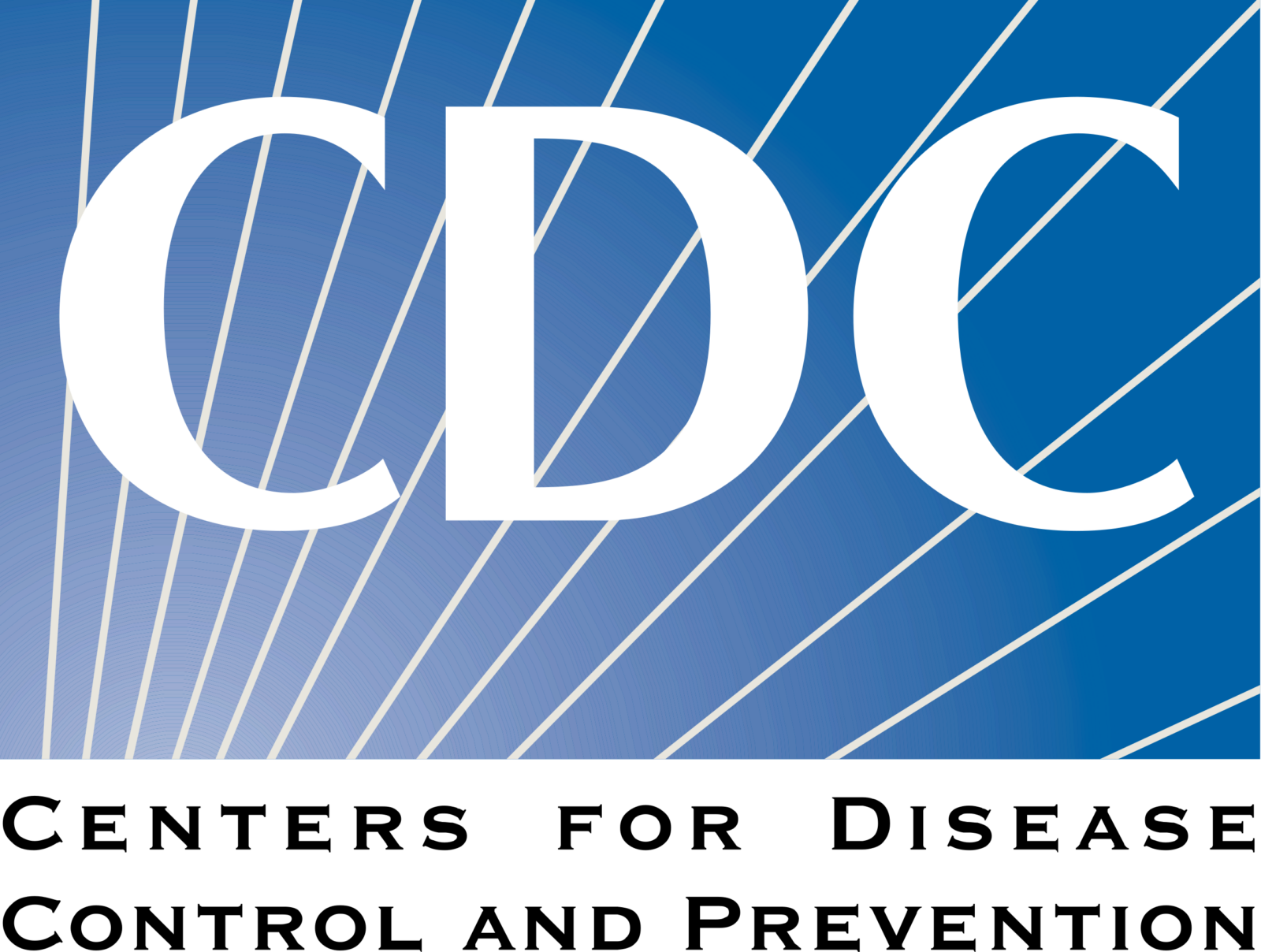CDC issues a Health Alert Network Health Advisory: Measles

The Centers for Disease Control and Prevention (CDC) issues a Health Alert Network (HAN) Health Advisory on March 3 to notify clinicians and public health officials about a confirmed measles case at a large gathering in Kentucky on February 24.
Measles is a highly contagious, acute viral illness that begins with a prodrome of fever, cough, runny nose, and pink eye, lasting 2–4 days prior to rash onset. The rash typically occurs 3–5 days after symptoms begin and usually appears on the face and spreads downward. Measles can cause severe health complications, including pneumonia, encephalitis, and death. The virus is transmitted by direct contact with infectious droplets or by airborne spread when an infected person breathes, coughs, or sneezes. Measles virus can remain infectious in the air and on surfaces for up to two hours after an infected person leaves an area. Infected people are contagious from four days before the rash starts through four days afterwards. The incubation period for measles from exposure to fever is usually about 10 days (range, 7 to 12 days), and from exposure to rash onset is usually about 14 days (range, 7 to 21 days).
![North Carolina Health Care Facilites Association [logo]](https://www.nchcfa.org/wp-content/themes/nchcfa/images/logo.png)

